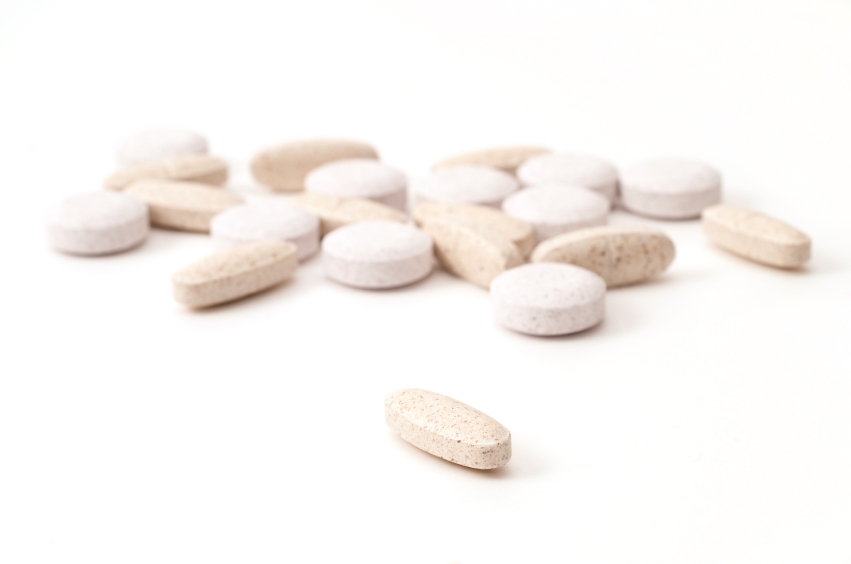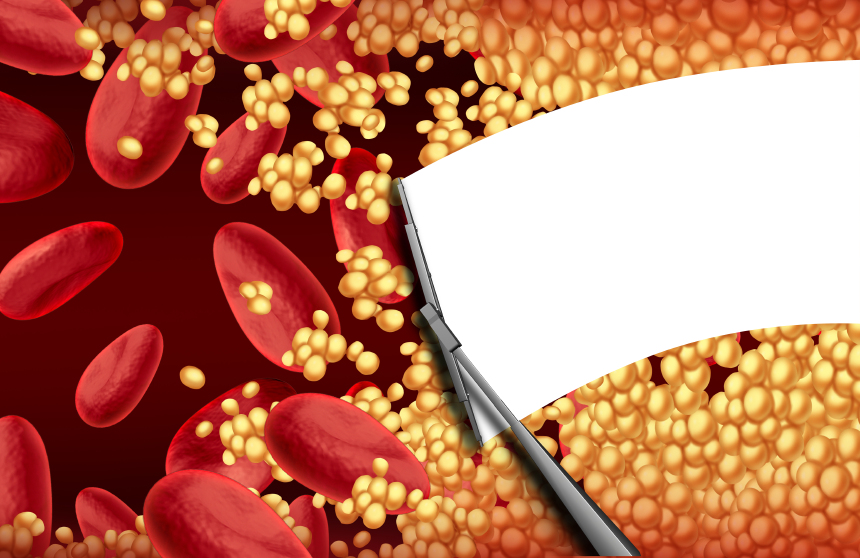Posted By:
 Steve Parcell
Steve ParcellCategory:
General
A recent European study concluded that niacin (nicotinic acid, B3) had too many side effects and is not worth using. The media quickly got on board to spread the news. The study was funded by Merck pharmaceuticals, the makers of the statin drug Zocor. Two grams of extended-release niacin and 40 mg of laropiprant or a matching placebo daily was given. The primary outcome was the first major vascular event (nonfatal myocardial infarction, death from coronary causes, stroke, or arterial revascularization). Problems with this study: I think it's a clear case of profit directed manipulation of research data. The “niacin” was actually not niacin at all. It was niacin with a drug called laropiprant. The study was only for 3.9 years…also not long enough in my opinion. The problem is the laropiprant, a drug used to reduce skin flushing. Laropiprant has never been approved by the FDA and when taken alone has been shown to increase gastrointestinal bleeding. Laropiprant interferes with a basic prostaglandin receptor pathway that is important for good health. Last year Merck announced it would withdraw laropiprant worldwide due to complaints from continental Europe. Therefore the clinical trials in this most recent study could only be performed in the...




